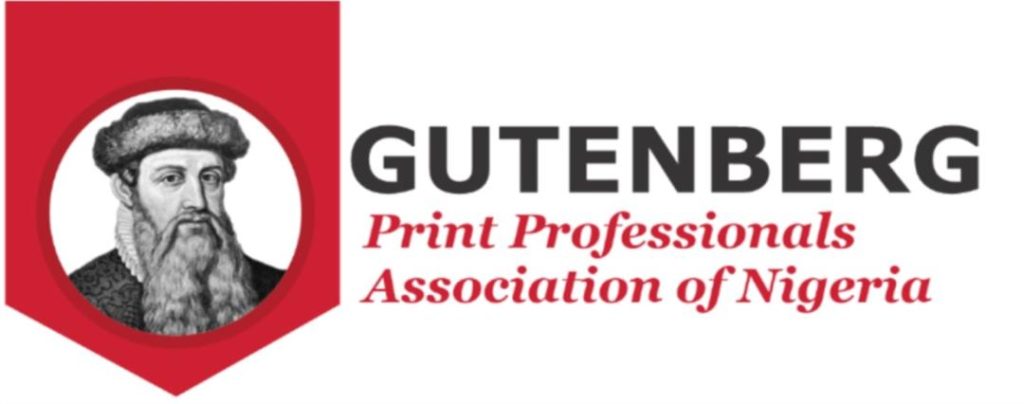The Gutenberg Print Professionals Association of Nigeria (GUPPAN) has vehemently denounced the Federal Government’s directive prohibiting Ministries, Departments, and Agencies (MDAs) from outsourcing printing jobs to private companies. This directive mandates that all MDAs utilize the Federal Government Printing Press exclusively, citing security concerns related to the potential exposure of confidential government documents. GUPPAN, however, argues that this sweeping ban is not only unjust but also economically detrimental and counterproductive to Nigeria’s developmental aspirations. The association contends that the policy will cripple the multi-trillion-naira printing industry, leading to massive job losses and rendering substantial private sector investments obsolete. They advocate for a more balanced approach that addresses security concerns without jeopardizing the viability of the private printing sector.
GUPPAN’s core argument revolves around the economic ramifications of the government’s directive. The printing industry in Nigeria represents a significant segment of the economy, contributing substantially to employment and investment. The association projects that the ban will lead to the closure of numerous printing businesses, throwing thousands of workers into unemployment and devastating the livelihoods of countless families. Furthermore, the policy threatens to wipe out years of private sector investment in printing infrastructure and technology, effectively rendering these investments worthless. This, they argue, will have a chilling effect on future private sector investment in the country, hindering economic growth and development.
Beyond the immediate economic impact, GUPPAN also raises concerns about the long-term implications of the policy on the printing industry’s competitiveness and capacity. The association argues that the ban will stifle innovation and prevent private printing companies from acquiring the latest technologies and equipment needed to stay competitive in a globalized market. This will inevitably lead to a decline in the quality and efficiency of printing services in Nigeria, potentially affecting the country’s ability to meet its printing needs effectively. Moreover, by limiting the printing workload to the Federal Government Printing Press, the policy risks overburdening the government facility, potentially leading to delays and backlogs in printing services, further impacting the efficiency of government operations.
GUPPAN acknowledges the Federal Government’s legitimate concerns about safeguarding confidential documents. However, the association maintains that a blanket ban is not the most effective solution. Instead, GUPPAN proposes a more nuanced framework that balances security considerations with the need to support a vibrant private printing sector. This framework includes a rigorous vetting and certification process for private printers seeking government contracts. This would involve stringent background checks, security clearances, and audits to ensure that only reputable and secure firms handle sensitive government documents. This vetting process would establish a clear standard for security and accountability within the private printing sector, mitigating the risks associated with outsourcing.
Further bolstering their proposed framework, GUPPAN suggests the creation of a tiered licensing system. This system would categorize printing firms based on their security clearance levels, allowing them to bid on government contracts commensurate with their security capabilities. This tiered approach would ensure that highly sensitive documents are handled only by firms with the highest security clearances, while less sensitive jobs can be outsourced to a broader range of vetted private printers. This system would create a more competitive and dynamic market for government printing contracts, promoting efficiency and cost-effectiveness. It would also allow smaller printing firms to participate in government contracts, fostering growth and development within the broader printing industry.
Finally, GUPPAN emphasizes the importance of stakeholder engagement and dialogue in developing effective and sustainable policies. The association calls for the Federal Government to engage with representatives from the printing industry, security experts, and other relevant stakeholders to create a comprehensive and inclusive policy that addresses security concerns without stifling private enterprise. This collaborative approach, they argue, would result in a more effective and sustainable solution that benefits both the government and the private sector. By working together, stakeholders can develop a framework that protects national security while ensuring a thriving and competitive printing industry in Nigeria.














